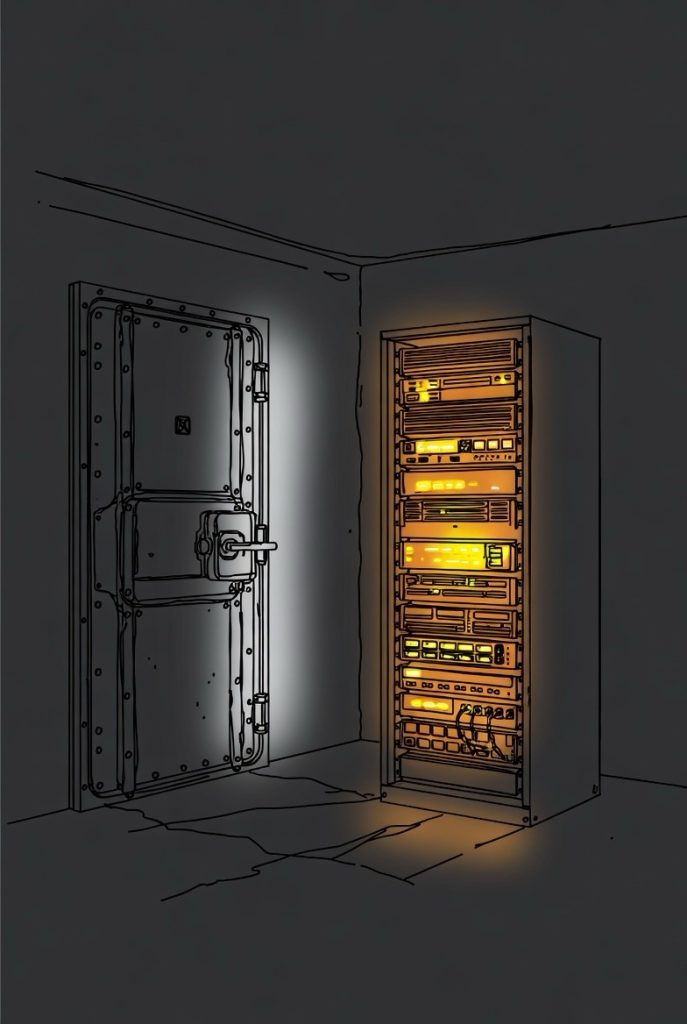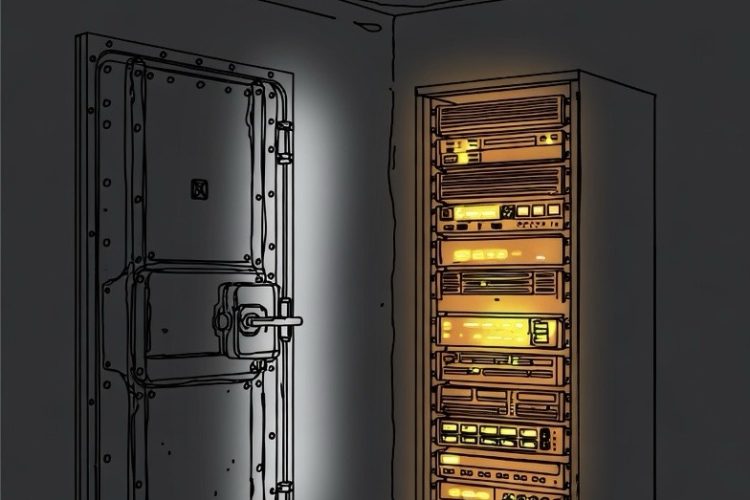Room 641A is a facility in San Francisco operated by AT&T and used by the NSA for government surveillance programs, which intercepted internet traffic without public knowledge or consent. The revelation of the program sparked a public debate about privacy and government surveillance, leading to legal challenges and reforms to government surveillance policies. The legacy of Room 641A highlights the importance of transparency and accountability in government surveillance programs.
Long Version
Room 641A is a facility located in San Francisco, California, that has become infamous for its role in the U.S. government’s surveillance programs. The facility was operated by AT&T on behalf of the National Security Agency (NSA) and was used to intercept and analyze internet traffic passing through AT&T’s fiber-optic cables. The revelations about Room 641A sparked controversy and legal challenges over the legality and constitutionality of warrantless surveillance, and led to significant public debate over privacy and government surveillance.
Background
In the early 2000s, the U.S. government began to implement surveillance programs in response to the September 11th attacks. These programs were designed to monitor communication networks in order to identify and prevent terrorist activities. One of the key programs was the Terrorist Surveillance Program (TSP), which was authorized by President George W. Bush in 2001 and allowed the NSA to conduct warrantless wiretapping of communications between individuals in the U.S. and overseas.
Room 641A was established as part of the TSP, and was operated by AT&T on behalf of the NSA. The facility was located in a building at 611 Folsom Street in San Francisco, and was equipped with sophisticated surveillance technology that allowed the NSA to intercept and analyze internet traffic passing through AT&T’s fiber-optic cables.
Revelations
The existence of Room 641A was first revealed to the public in 2006 by former AT&T technician Mark Klein. In a sworn statement, Klein disclosed that he had been tasked with installing surveillance equipment in the room, and that the equipment was designed to capture internet traffic and transmit it to the NSA for analysis.
Klein’s revelations sparked controversy and legal challenges, with some critics arguing that the program violated the Fourth Amendment of the U.S. Constitution, which protects citizens against unreasonable searches and seizures. The controversy also led to significant public debate over privacy and government surveillance, with some arguing that the government’s surveillance programs had gone too far and posed a threat to civil liberties.
Legal Challenges
Following the revelations about Room 641A, a number of legal challenges were filed against the government’s surveillance programs. In 2006, the Electronic Frontier Foundation (EFF) filed a class-action lawsuit against AT&T, alleging that the company had violated the privacy rights of its customers by allowing the NSA to intercept their communications without a warrant.
The EFF lawsuit was dismissed on national security grounds, with the court ruling that the plaintiffs did not have standing to sue because they could not prove that they had been targeted by the surveillance program. However, the case was later reinstated by the Ninth Circuit Court of Appeals, which ruled that the plaintiffs did have standing to sue.
In 2008, the FISA Amendments Act was passed, which granted retroactive immunity to telecommunications companies that had cooperated with the government’s surveillance programs. The law effectively shielded companies like AT&T from liability for their role in the Room 641A program.
Impact and Legacy
The controversy over Room 641A and other surveillance programs had a significant impact on public opinion and government policy. The revelations about the extent of government surveillance led to increased public concern about privacy and civil liberties, and sparked a broader debate about the appropriate balance between security and individual rights.
In response to public pressure, the government implemented a number of reforms to its surveillance programs, including the USA FREEDOM Act in 2015, which amended certain provisions of the USA PATRIOT Act and sought to enhance oversight of government surveillance activities.
Conclusion
Room 641A remains a controversial symbol of the U.S. government’s surveillance programs and the tension between national security and individual privacy. While the program was eventually granted retroactive immunity, the legacy of Room 641A continues to shape public opinion and government policy surrounding surveillance and privacy. The revelations about Room 641A and other surveillance programs have also had a significant impact on the technology industry, with companies like Apple and Google implementing encryption and other privacy measures to protect their users’ data from government surveillance.
The legacy of Room 641A also highlights the importance of transparency and accountability in government surveillance programs. The fact that the program was conducted in secret, without the knowledge or consent of the public, highlights the need for greater transparency and oversight of government surveillance activities. As the debate over privacy and surveillance continues to evolve, it is important to ensure that the appropriate checks and balances are in place to protect the privacy and civil liberties of individuals while also maintaining national security.
In conclusion, Room 641A is a facility that has become synonymous with the U.S. government’s controversial surveillance programs. The revelations about the program sparked a public debate about privacy and government surveillance, and led to legal challenges and reforms to government surveillance policies. While the legacy of Room 641A continues to shape public opinion and government policy surrounding surveillance and privacy, it also highlights the need for greater transparency and accountability in government surveillance programs.

Words Worth Noting
Room 641A, San Francisco, government surveillance, AT&T, NSA, internet traffic, Fourth Amendment, legal challenges, privacy, civil liberties, EFF, FISA Amendments Act, USA FREEDOM Act, transparency, accountability, national security, public debate, technology industry, encryption, oversight, transparency
Hashtags For Social Media
#Room641A #SanFrancisco #GovernmentSurveillance #AT&T #NSA #InternetTraffic #FourthAmendment #LegalChallenges #Privacy #CivilLiberties #EFF #FISA #USAfreedomAct #Transparency #Accountability #NationalSecurity #PublicDebate #TechnologyIndustry #Encryption #Oversight #Transparency






